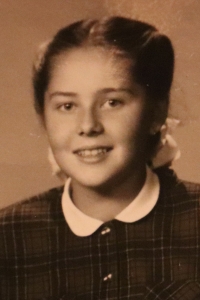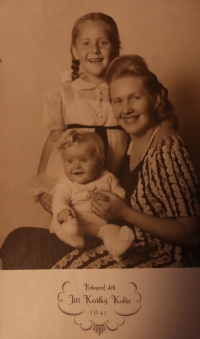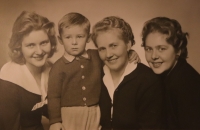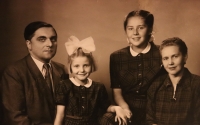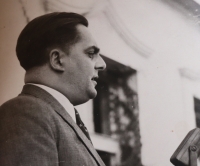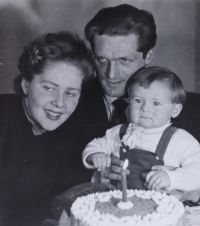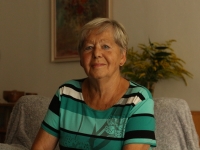They suspected that the daughter of a political prisoner might be able to poison the city
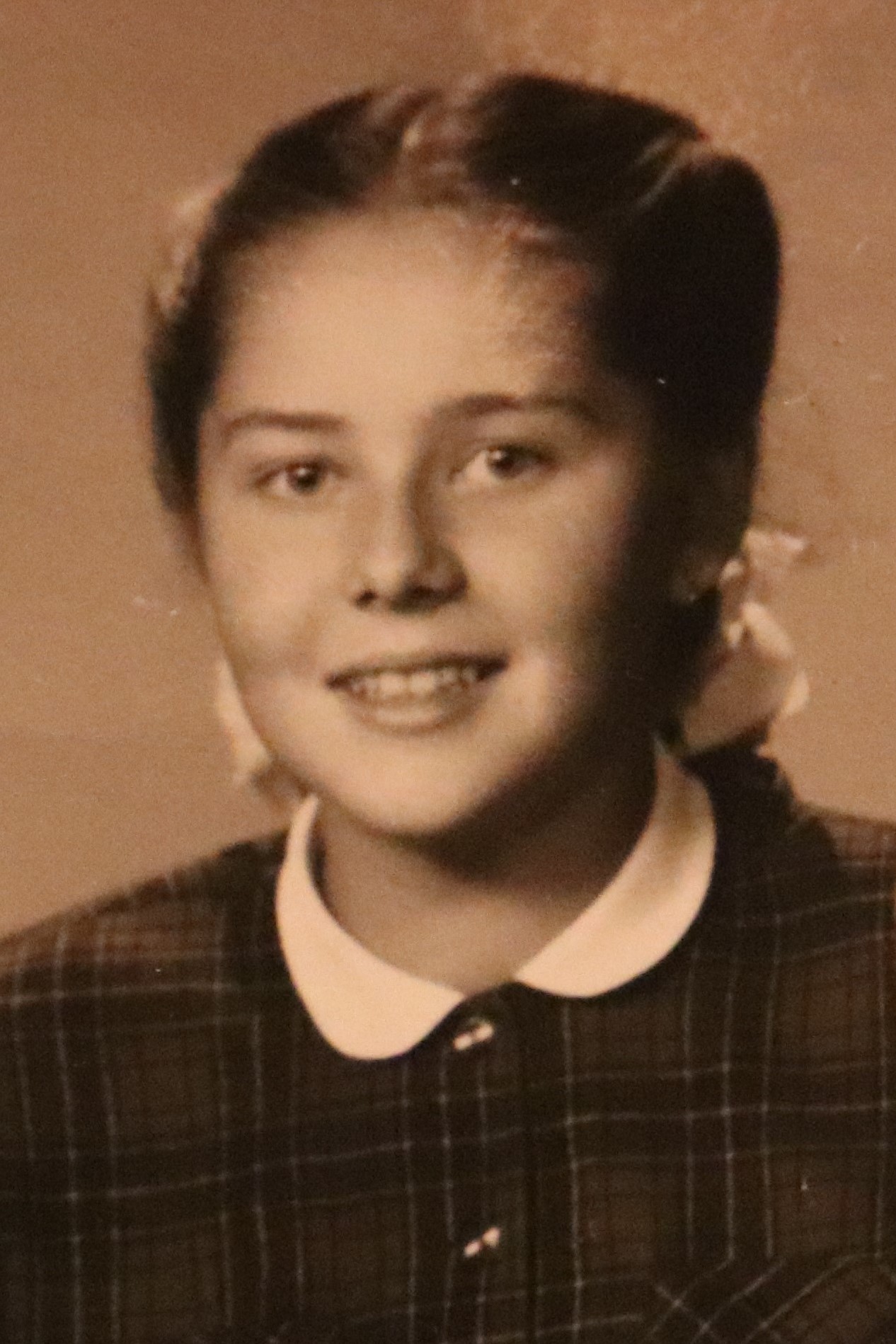
Stáhnout obrázek
Hana Tížková, née Procházková, was born on 2 January in the foothills of the Orlický Mountains to a family of school teachers. Her father Karel Procházek was nearly arrested by the Gestapo for being denounced but luckily everything was explained in time for him to avoid it. As a child, right before the war ended, she witnessed an elderly German being beaten to death. After February 1948, her father, a functionary of the People’s Party, a member of Junák and Orel, lost his position as a high school teacher and then worked paving roads; hence, his decision to emigrate, which, however, ended up with him being arrested, going through a show trial, and being ultimately sentenced to life in prison after being caught attempting to cross the border and after falling into a trap by the State Security (during the so-called Kámen (Stone) Action). The family long bore the brunt of being branded the family of a political prisoner. Thankfully, at the beginning of the 1960s, there was an amnesty of political prisoners and Karel Procházka was able to return home after thirteen years. Hana at the time had already trained as a laboratory assistant, was married, and pregnant with her second child. She bore the mark of being the daughter of a political prison, however, also in the years that followed.
